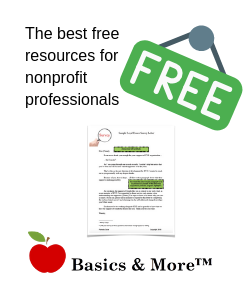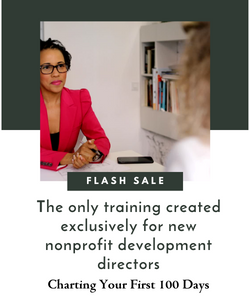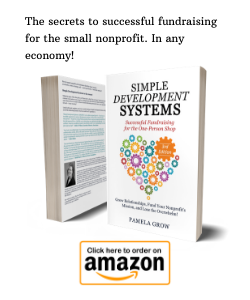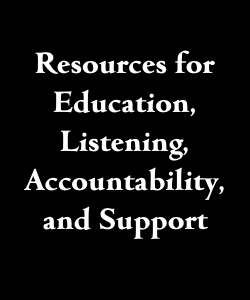Do you ever feel like an impostor?
Confession: when I was named one of Fundraising’s 50 Most Influential by the venerable Civil Society Magazine, I felt like a fraud. Me…alongside my idol Ken Burnett! And renowned professionals like Adrian Sargeant, Tom Ahern, and Jeff Brooks! The magazine must have made some sort of mistake.
Do you chalk your success up to luck, timing, or even computer error? Do you believe “If I can do it, anybody can?” Do you agonize over the smallest flaws in your work? Do you worry that it’s a matter of time before you’re “found out?”
You’re not alone.
Impostor syndrome is real. And I’d wager a bet that it’s not only especially common in our sector, but that it most often affects women. After all, despite the fact that we do the majority of work in fundraising, it seems like the men are consistently revered as the top experts.
I’ve encountered it in myself and in my own work. Time and time again, I’ve reached out to some of the most respected males in our sector, always ecstatic when one of them said  yes to me. I’ve sought out the “right kinds” of opportunities, and then felt privileged to work alongside many of the most preeminent men in nonprofit fundraising. I’ve basked in the glow, asking myself how I got so darn lucky, lucky enough that they’d grace me with their presence. “Who, me?” Sad but true: I felt that somehow any association with the big wigs would make me *smarter* and, somehow, more worthy.
yes to me. I’ve sought out the “right kinds” of opportunities, and then felt privileged to work alongside many of the most preeminent men in nonprofit fundraising. I’ve basked in the glow, asking myself how I got so darn lucky, lucky enough that they’d grace me with their presence. “Who, me?” Sad but true: I felt that somehow any association with the big wigs would make me *smarter* and, somehow, more worthy.
But guess what I’ve found out? They’re not teaching anything that I haven’t been covering the past 10 years!
No one knows impostor syndrome better than expert Valerie Young, PhD, author of The Secret Thoughts of Successful Women: Why Capable People Suffer From the IMPOSTOR SYNDROME and How To Thrive In Spite of It. I was honored to have Valerie on board to kick off Motivate Monday for 2018. Here, she unpacks impostor syndrome, an affliction that affects women, compelling them to believe their successes aren’t their own. That they don’t belong to them. That they happened because the stars decided to miraculously align one night. That outside forces, rather than internal drive and determination and intellect and planning and other important stuff, is really what’s responsible.
“You don’t have to look far to find intelligent, competent, talented women who feel anything but,” Valerie says, while noting that countless women feel the same way, attributing their success to luck, agonizing over the smallest mistakes or flaws, and feeling like they’ve “fooled” others when they’ve legitimately succeeded.
Do you ever suffer from Impostor Syndrome? That sense that you’re not good enough to lead your board and your ED and your staff? The fear that your donor communications aren’t quite “perfect” enough? Or maybe a board member has caused you to doubt yourself.
I’m here to tell you that you are enough.
Every day, in your own remarkable way, you are changing the world. As Valerie writes, “You can be powerful beyond measure without becoming a household name.” Aim high and lead. And when you do lead, be sure it’s from the perspective of your donors. I have tremendous faith in you, but you must have faith in yourself.
And you must take a half hour to watch this Motivate Monday. This segment, if you weren’t there when it happened or have yet to listen to the recording, will reaffirm what I already know about you. If you need to remember that you are enough, if you need a boost or a reminder, I hope you can find it here. I hope you read Valerie’s book, too.

















 I can’t wait to meet with you personally.
I can’t wait to meet with you personally.
Comments on this entry are closed.